The realm of professional gaming is a spectacle of not just skill and strategy, but also of the elusive powers of intuition and instinct. These innate faculties allow gamers to make split-second decisions, anticipate opponents’ moves, and navigate complex scenarios with seemingly effortless precision.
The purpose of this blog post is to delve into how professional gamers cultivate these aspects of their gameplay, distinguishing them from other skills such as strategy and reaction time. We aim to offer a comprehensive exploration, shedding light on the significance, development, and impact of intuition and instinct in the competitive gaming landscape.
Defining Intuition and Instinct in Gaming
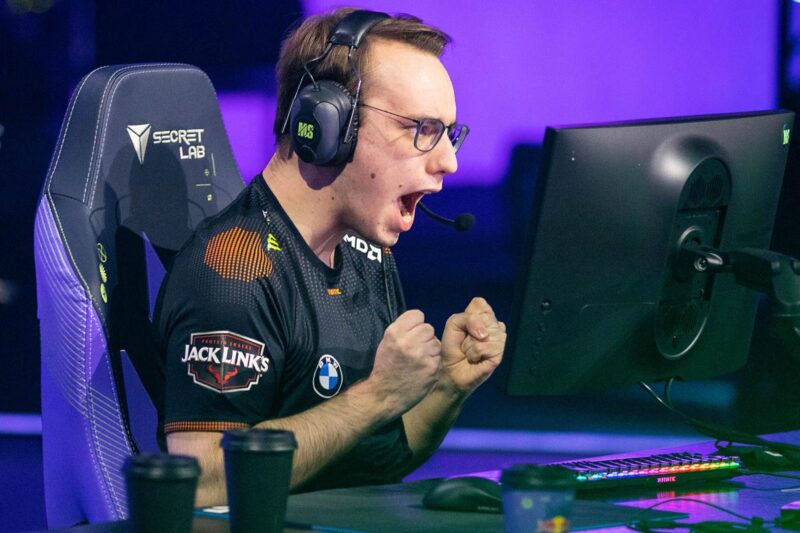
In gaming, intuition and instinct represent a gamer’s ability to act on gut feelings and subconscious cues without the need for deliberate analysis. These facets are distinct from calculated strategies and quick reaction times, which rely on conscious thought and practiced responses.
Intuition in gaming is about sensing the right move in a complex situation, while instinct involves the ingrained responses honed through repeated experience. Together, they form an underpinning layer of expertise that complements technical skills and strategic understanding, offering a competitive edge that often decides the outcome of high-stakes matches.
The Role of Intuition and Instinct in Professional Gaming
At the professional level, intuition and instinct are pivotal in navigating the fast-paced and unpredictable nature of competitive gaming. These skills allow gamers to read between the lines of an opponent’s strategy, foresee movements, and react to unforeseen events with unparalleled agility.
Insights from seasoned gamers highlight that moments of instinctive play can be the difference between victory and defeat, enabling split-second decision-making that no amount of planning can account for. Such moments underscore the invaluable role these skills play, often being the X factor in tightly contested matches.
Training Intuition and Instinct
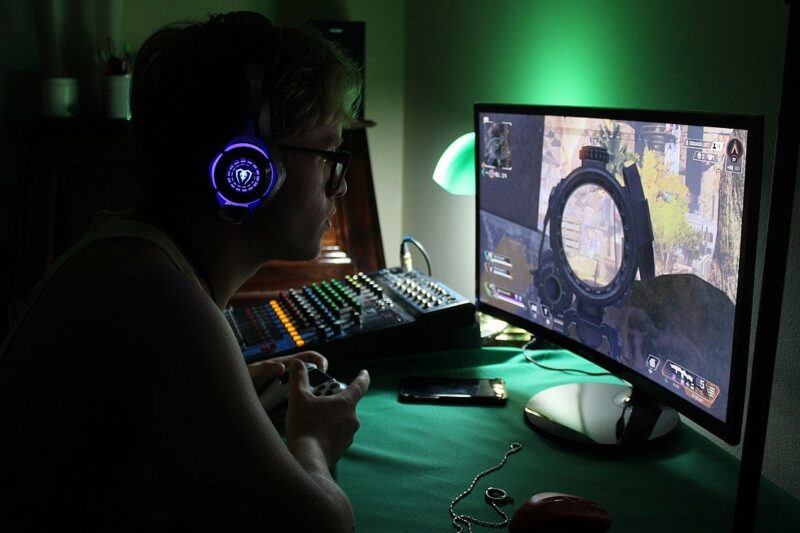
Professional gamers employ various techniques to sharpen their intuition and instinct. Practice routines are designed not just to refine technical skills, but also to simulate high-pressure scenarios where intuitive gameplay thrives. Exercises focusing on situational awareness, prediction drills, and decision-making under duress are commonplace.
Gamers also engage in reflective practices, analyzing past games to instinctively recognize patterns and potential outcomes. This blend of targeted practice and self-reflection fosters an environment where intuition and instinct can flourish. If you have these traits super-trained you are more than ready to visit CasinoMira.
Psychological Aspects of Intuition and Instinct
The psychological underpinnings of intuition and instinct in gaming are rooted in the brain’s capacity to process information subconsciously and draw upon accumulated experiences. This cognitive processing enables gamers to act without the lag of conscious deliberation.
A positive mindset and optimal mental state further enhance the effectiveness of these skills, allowing for a flow state where decisions and actions are seamlessly executed. Understanding and nurturing these psychological aspects are crucial for gamers aiming to leverage their intuitive and instinctive capabilities to their fullest.
The Relationship Between Intuition, Instinct, and Experience
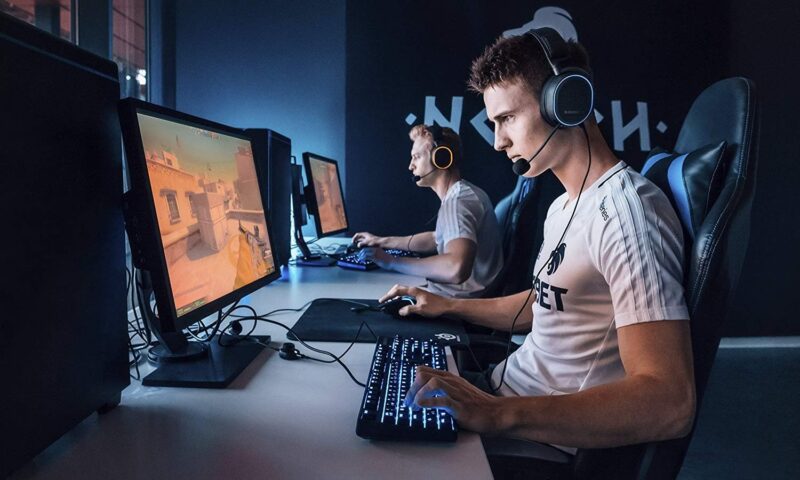
Experience plays a foundational role in the development of intuition and instinct. As gamers accumulate hours of play, they subconsciously build a vast repository of situational knowledge and outcomes. This repository informs their gut feelings and instinctual reactions, making experienced gamers more adept at relying on these non-conscious cues. However, balancing this reliance with strategic decision-making is vital, as over-dependence on intuition can lead to predictability, while excessive strategizing may stifle instinctive play.
Case Studies of Professional Gamers
Examining the careers of professional gamers known for their intuitive gameplay offers valuable insights into the impact of these skills. Case studies reveal moments where instinctual decisions led to unexpected victories or critical plays.
For instance, a split-second dodge or an unforeseen strategy shift that catches opponents off guard can highlight the power of intuition. These examples not only illustrate the practical application of intuition and instinct but also serve as inspirational models for aspiring gamers.
Tools and Technologies for Enhancing Intuition and Instinct
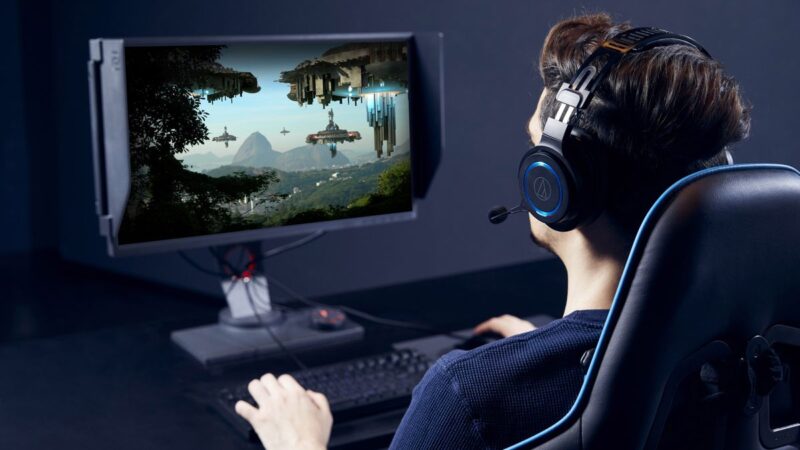
The evolution of tools and technologies aimed at refining intuition and instinct is a testament to their importance in gaming. From advanced analytics software that helps in pattern recognition to virtual reality setups designed to immerse players in lifelike scenarios, these tools offer innovative ways to train the subconscious aspects of gaming. However, their effectiveness varies, and ethical considerations about their use in competitive settings raise important discussions about fairness and the essence of skill in gaming.
Challenges in Developing Intuition and Instinct
Cultivating intuition and instinct comes with its set of obstacles. The subjective nature of these skills makes them difficult to measure and improve through traditional training methods. Gamers often face challenges in distinguishing between instinctual insight and impulsive decisions, requiring a delicate balance to be struck. Overcoming these challenges involves a mix of deliberate practice, mental conditioning, and a willingness to learn from both successes and failures.
Ethical and Fair Play Considerations
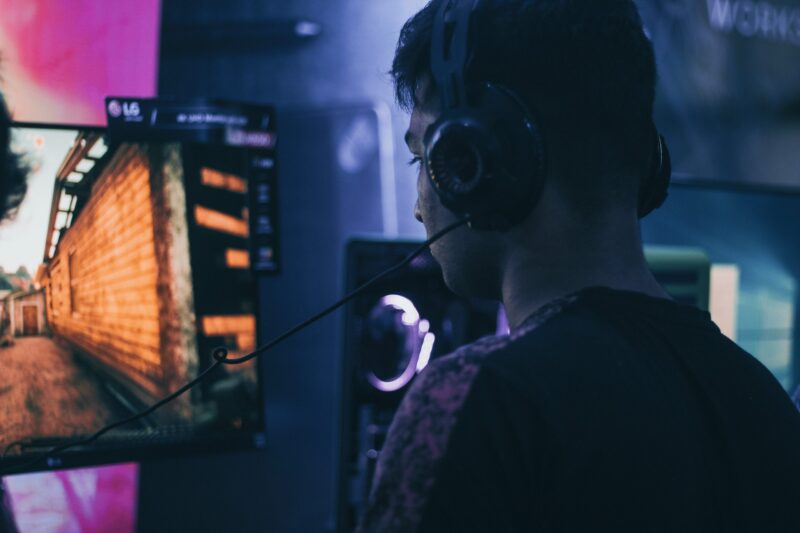
Relying on intuition and instinct raises questions about ethics and fairness in professional gaming. While these skills are a natural part of human cognition, their intangible nature can lead to debates about the role of innate talent versus learned skill.
Ensuring that competitive environments maintain integrity and fairness is paramount, with regulations and standards evolving to address these concerns while still celebrating the unique talents that make gaming an exciting and unpredictable field.
Beyond Gaming: Applications in Other Areas
The skills honed in the gaming world have applications far beyond virtual battlegrounds. Fields that require quick decision-making under pressure, such as emergency response, military strategy, and even business, can benefit from the intuition and instinct developed through gaming.
This cross-domain applicability showcases the broader value of gaming as a training ground for critical cognitive skills, emphasizing its relevance and potential impact on various professional arenas.
Conclusion
The exploration of intuition and instinct in professional gaming reveals a fascinating blend of cognitive psychology, skill development, and competitive strategy. These elements, though often overshadowed by more measurable skills, are integral to the success and dynamism of professional gaming.
As the gaming industry continues to evolve, the appreciation and understanding of intuition and instinct will undoubtedly grow, highlighting their indispensable role in shaping not just games, but also the players who master them.











